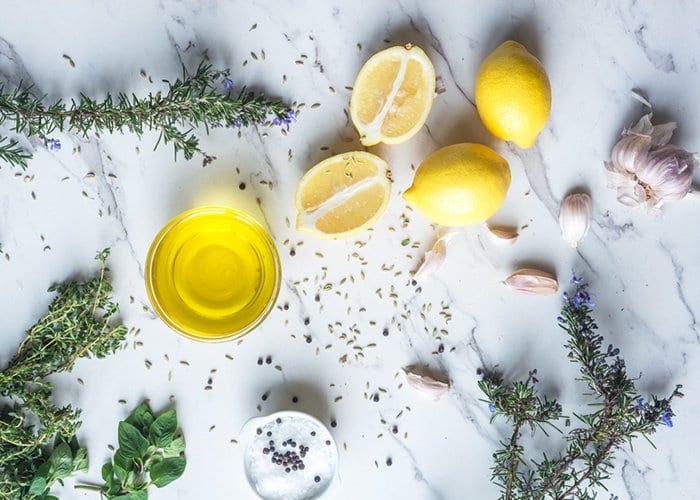Clean 21: 21 Day Detox
Our Signature 21-Day Full-Body Reset
Questions? Ask about this product
Free Shipping On Orders Over $50
Complementary products


The oils we use, both on the Clean Program and in our daily lives, can have a major impact on our health. Discoverwhy healthy cooking oils and fats are so important and learn how to upgrade them for optimal well-being.
When embarking on any Clean Program, it's crucial to choose oils that align with the principles of this transformative journey such that you can learn and maintain implementation well after your cleanse is finished.
High-quality cooking oils provide essential nutrients, healthy fats, and a balance of omega-3 and omega-6 fatty acids. Moreover, they play a significant role in supporting the detoxification process.
VEGETABLE SEED OILS AREN’T ALL THEY SEEM
Vegetable seed oils, such as soybean, corn, sunflower, and canola oils, have been heavily marketed as heart-healthy alternatives due to their polyunsaturated fat content. However, there's a catch - these oils are high in Omega-6 fatty acids.
While Omega-6 is essential for our health, excessive consumption of it can lead to an imbalance with Omega-3 fatty acids, causing inflammation and increasing the risk of chronic disease. Striking a balance between Omega-6 and Omega-3 intake is vital for optimal health.
OVERDOING OMEGA 6
Modern Western diets often overemphasize Omega-6 rich foods, leading to an unhealthy ratio between Omega-6 and Omega-3 fatty acids. The ideal ratio is around 4:1 or even 2:1 (Omega-6: Omega-3), but it's not uncommon for people to consume ratios as high as 20:1.
This skewed ratio can promote inflammation, which is linked to various health problems, including heart disease, arthritis, and obesity. To restore the balance, we need to be mindful and start using healthy cooking oils.
NOT ALL PLANT OILS ARE CREATED EQUAL
While some plant oils are indeed healthy cooking oils, not all of them offer the same nutritional benefits. For instance, olive oil and avocado oil are excellent choices due to their high monounsaturated fat content and antioxidant properties. On the other hand, certain vegetable seed oils contain trans fats and are highly processed, which can be harmful to our health. It's essential to read labels and opt for minimally processed oils whenever possible.
RESTAURANT’S OILS AREN’T OUR FRIENDS
When dining out, we often overlook the quality of cooking oils used in restaurants. Many establishments use inexpensive and low-quality oils for cooking, such as refined vegetable seed oils. These oils are not only high in Omega-6 but also prone to oxidation when reused, leading to the formation of harmful compounds that can be detrimental to our health. Being mindful of our choices while eating out can make a significant impact on our overall health.
CLEAN, HEALTHY OILS FOR COOKING
Cooking with healthy cooking oils is one of the best things you can do for your health. In general, oils with more saturated fat are more stable at higher temperatures. These include coconut oil, palm oil, grass-fed butter and ghee (clarified butter). Olive oil and avocado oil are also good options for very low-temperature cooking.
Coconut oil is our overall favorite oil to cook with. It’s easy to find and stays stable at medium temperatures. It’s also antibacterial, promotes weight loss, rarely goes rancid and is loved by both vegans and omnivores. There is also some suggestion that coconut oil, over time, can displace the damaging PUFAs in our tissues from years of vegetable oil consumption.

A few key points to remember:
After mastering the art of healthy cooking oils, delve deeper into the world of clean living with our next blog, where we explore the benefits of hemp oil.